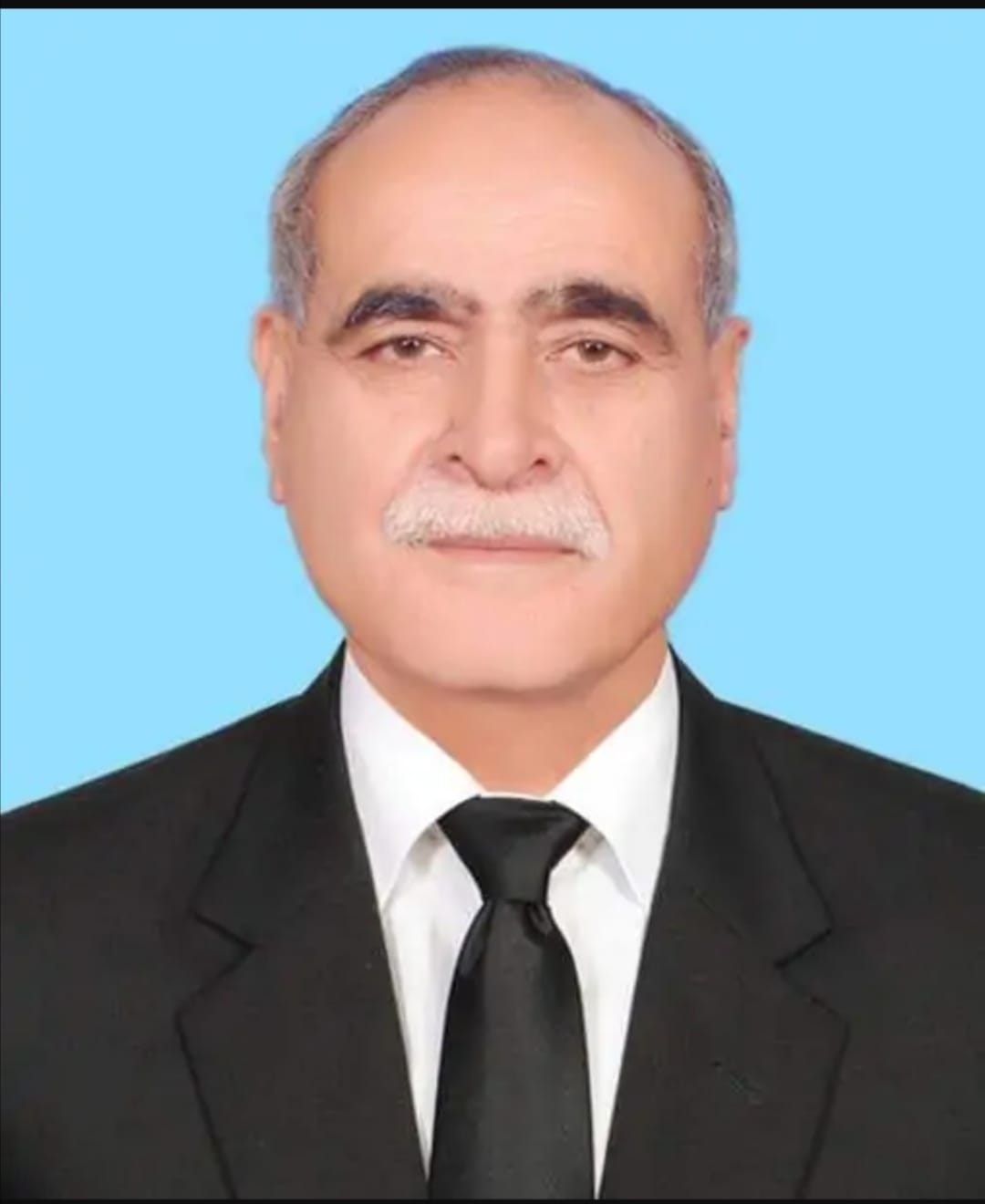Muzaffarabad Agreement-Hallmark of Wisdom
The days of 3–4 October 2025 will be remembered in the political and strategic annals of Azad Jammu & Kashmir (AJK). The Memorandum of Understanding recently agreed between the Government of Pakistan, the Joint Azad Jammu & Kashmir Action Committee (JAAC) and the Government of Azad Jammu & Kashmir is far more than a set of administrative reforms. It is a milestone with constitutional, security, developmental and international ramifications — a compact that, if implemented in the letter and spirit in which it was conceived, can restore public confidence, bolster governance and recalibrate Pakistan’s domestic and diplomatic posture on Kashmir.
A consensus forged in urgency — and seriousness
This agreement is the practical expression of popular resolve and organisational leadership on one side, and state responsibility on the other. It sets a pathway where constitutional coherence, public welfare and development priorities are mutually reinforcing rather than competing. The deal was achieved under the direction of Prime Minister Muhammad Shehbaz Sharif via a high‑profile committee chaired by former Prime Minister Raja Pervez Ashraf. The committee’s membership — including Senator Rana Sanaullah, Professor Ahsan Iqbal, Qamar Zaman Kaira, Engineer Amir Maqam, Dr. Tariq Fazal Chaudhry, Sardar Muhammad Yousaf and former AJK President Sardar Masood Khan — brought political breadth and administrative experience. JAAC leaders Raja Amjad, Shaukat Nawaz Mir and Anjum Zaman Awan played decisive roles, demonstrating a keen appreciation of both the sensitivity of the moment and public expectations.
The armed forces: discreet, decisive and disciplined
It is important to note the visible, if not overt, role of Army Chief Field Marshal Syed Asim Munir. While not physically present at the negotiating table, under his leadership the relevant military institutions maintained close situational awareness, assessed implications for public safety and internal security, and kept available the necessary resources to support the civil authorities. This posture — disciplined, measured and responsibly engaged — exemplifies the military’s larger national responsibility during crises: to support civilian governance and to help create conditions for order and confidence without eclipsing civilian authority.
Political stewardship and international advocacy
Political stewardship has also been prominent. Three‑time Prime Minister Mian Nawaz Sharif’s long‑standing emphasis on Kashmir as a national priority helped frame the broader political commitment underpinning this arrangement. At the international level, Sardar Masood Khan’s persistent advocacy strengthened Pakistan’s diplomatic position on Kashmir and lent both moral and practical depth to the process.
Facing uncomfortable truths — and addressing root causes
Equally candid in the memorandum is the admission that many of the current problems have roots in policies and administrative weaknesses of prior local administrations. A realistic diagnosis was indispensable. The committee’s decision to present problems openly — framed through the lenses of public security, national interest and constitutional responsibility — was necessary to begin rebuilding trust. But candid diagnosis alone is insufficient: what follows must be transparent investigation, measurable timelines and enforceable implementation mechanisms so that promises translate into permanent, equitable change.
What the agreement promises — concrete deliverables
The memorandum enumerates a range of tangible measures intended to transform service delivery and infrastructure across AJK:
Health: MRI and CT scanners will be provided to all districts; operation theatres and nurseries in tehsil headquarter hospitals will be completed under ADP financing.
Energy and infrastructure: An allocation of PKR 10 billion has been proposed for strengthening AJK’s power network. Feasibility studies for the Kehori/Kamsir and Chaplani tunnels will be completed and the plan for Mirpur International Airport is to be finalized within the current fiscal year.
Governance: The size of the AJK cabinet will be limited to 20 ministers/advisers; departmental mergers and accountability frameworks will be aligned with National Accountability Bureau (NAB) norms.
Justice and redress: Violent incidents will be subject to judicial inquiry overseen by High Court judges; families of the deceased will receive compensation and government employment opportunities while the injured will be provided PKR 1,000,000 in medical assistance.
Education and merit: New educational boards for Muzaffarabad and Punch divisions will be established; all boards will be linked to the Federal Board of Intermediate and Secondary Education (FBISE) Islamabad and admissions will be conducted on open‑merit principles.
Development: Water supply schemes, bridge construction, protection of property rights for displaced colonies, a transport policy review and targeted tax relief are also on the agenda.
These are welcome benchmarks. Their worth will be judged not by their announcement but by consistent, measurable delivery and by the existence of institutional safeguards against backsliding.
The international dimension — propaganda and responsibility
Predictably, India seized the opportunity to amplify the episode internationally and to present the unrest as grounds for criticism of Pakistan. Such attempts to weaponise local instability for geopolitical advantage make it all the more necessary for Pakistani actors — political, military and civic — to maintain high standards of transparency and rule‑based action. JAAC’s leadership deserves credit for prioritising national interest over opportunistic posturing; it demonstrated restraint and responsibility when public sentiment could easily have been inflamed.
Transparency, civic engagement and the long road to healing
If this agreement is to survive beyond headlines and photo opportunities, three things are essential: transparency in implementation, robust public communication, and meaningful civic participation. Without these, even the most well‑intentioned measures risk being perceived as short‑term fixes. Equally important is accountability for past failures — not as punishment for its own sake, but to restore confidence in institutions.
We must also acknowledge an uncomfortable moral truth: no financial compensation or structural reform can ever restore the loved ones whose lives were lost. Material reconstruction is possible — infrastructure can be rebuilt, salaries paid and facilities upgraded — but the ideological, emotional and ethical wounds require a patient, sustained and sincere process of national reckoning. History will judge whether we responded to this crisis with justice, empathy and steadfast resolve.
A compact to be honoured in letter and spirit
This memorandum represents an opportunity: to demonstrate that Pakistan’s democratic institutions, its political leadership and its security institutions can together address complex provincial challenges responsibly and constructively. It is, in effect, a compact between the people of AJK, the federal government, JAAC and the armed forces — one rooted in mutual obligation. Its ultimate success will be measured by the degree to which the compact is honoured, not only in the letter but, crucially, in the spirit.
If the promises embedded in these two consequential days are implemented with the transparency, urgency and moral seriousness they require, the agreement may well become a model of cooperative governance in a difficult, contested region. If not, the hard lessons of 3–4 October 2025 will haunt us for years to come.
The nation owes it to the victims, and to future generations, to see that this compact is more than an agreement on paper: it must be a pathway to justice, stability and sustainable development.



